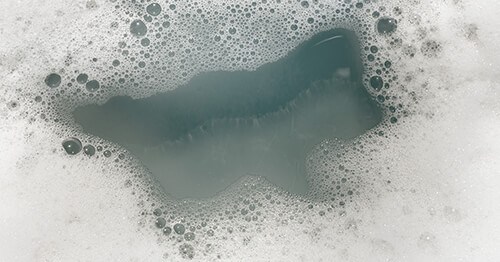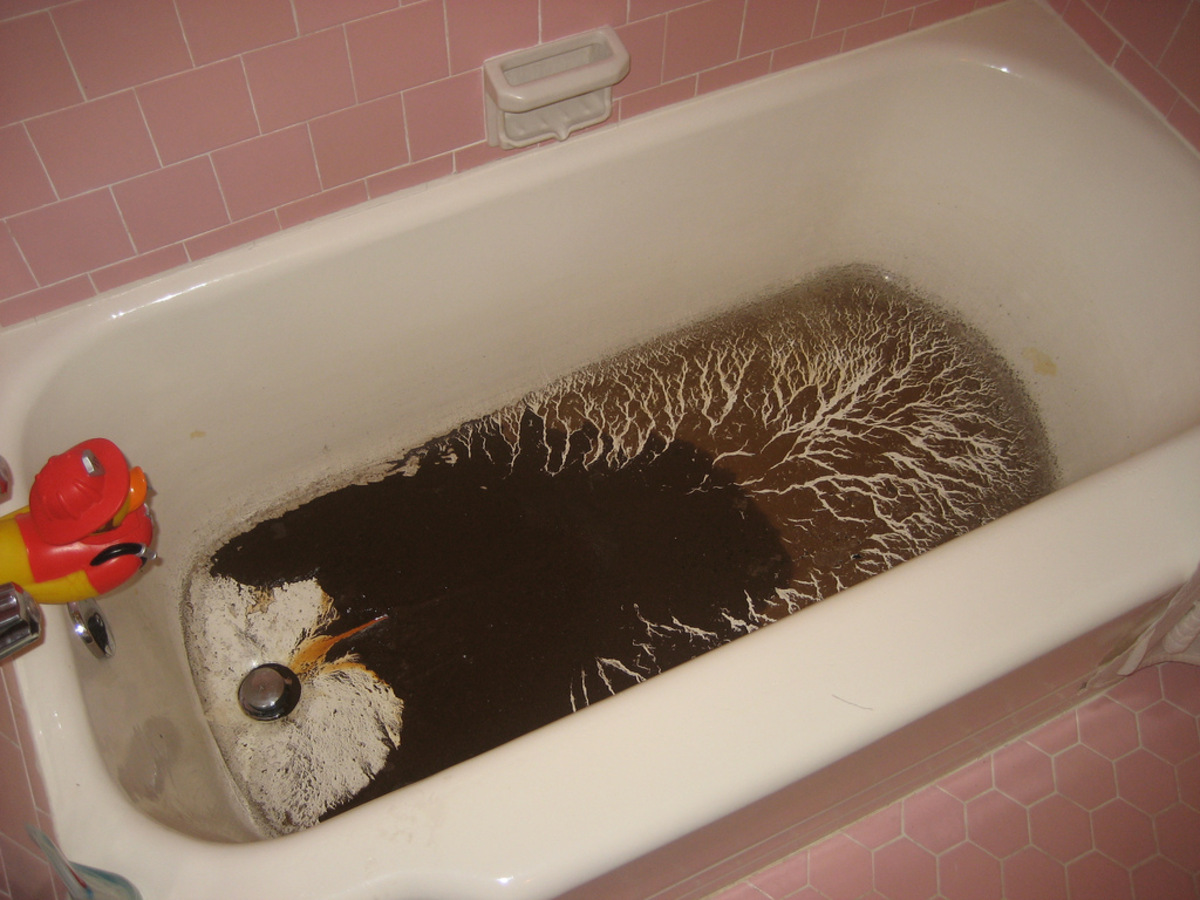This post which follows in relation to What To Do If Sewage Starts Backing Up Into the Shower is totally entertaining. Have a go and make your own personal findings.

Sewage backup in the bath tub can be an upsetting and unhygienic trouble for any home owner. Not only is it bothersome, yet it also poses severe health and wellness threats and suggests underlying problems with the plumbing system. Comprehending why sewer is showing up with the bathtub is vital for taking ideal action to deal with the issue effectively.
Intro to the Issue
Usual Factors for Sewage Backup
Obstructions in the Sewage System Line
Among the most common sources of sewage backup is a blockage in the sewage system line. This can occur due to the buildup of particles, grease, or international objects in the pipelines, stopping appropriate circulation and causing sewer to support into your tub.
Tree Root Intrusion
Tree origins seeking moisture and nutrients can penetrate drain lines via tiny fractures or joints. With time, these roots can grow and broaden, creating substantial damages to the pipes and leading to sewer back-up concerns.
Comprehending the Problem
When sewage starts backing up into the bathtub, it's a clear indicator of a problem with the drain system. The wastewater that ought to be streaming far from your home is rather discovering its back right into your living space, which can cause significant damages and carcinogen.
Possible Causes
Several factors can contribute to sewer backup in the tub. From blockages in the sewage system line to issues with the plumbing infrastructure, recognizing the origin is essential for discovering a remedy.
Aging Facilities
Older homes might have obsoleted plumbing systems that are extra susceptible to rust, splits, and wear and tear. As pipes age, they end up being a lot more susceptible to leaks and blockages, boosting the probability of sewer backup incidents.
Heavy Rainfall or Flooding
During durations of heavy rainfall or flooding, the sewer system might end up being overwhelmed with excess water, triggering backups and overflows. This can result in sewage backing up right into bathtubs and other fixtures inside the home.
Signs of Sewage Backup
Foul Odors
Undesirable odors emanating from drains pipes or fixtures, especially in the restroom, may show sewage back-up problems. These odors are typically strong and relentless, signaling a trouble that requires immediate interest.
Slow Draining Fixtures
Tubs, sinks, and bathrooms that drain gradually or otherwise whatsoever could be experiencing sewer backup. If multiple components are affected concurrently, it's likely that the issue stems from an usual point, such as the main sewage system line.
Gurgling Noises
Unusual gurgling or gurgling noises originating from drains when water is running elsewhere in the house are a sign of air caught in the plumbing system. This air buildup can result from sewer back-up and ought to be investigated without delay.
Health Dangers Connected With Sewage Back-up
Contamination of Water Supply
Sewer backup can infect the water supply in your home, posturing a significant health danger to you and your family members. Exposure to polluted water can lead to gastrointestinal concerns, skin infections, and other diseases.
Mold and mildew Growth
Wetness from sewage backup can create perfect conditions for mold and mildew development in your home. Mold and mildew spores can intensify respiratory system problems and cause allergies in delicate people, making punctual cleaning essential.
Spread of Disease
Sewage has dangerous microorganisms, infections, and bloodsuckers that can trigger a variety of diseases, including hepatitis, cholera, and gastroenteritis. Entering into contact with sewer or contaminated surfaces puts you at risk of infection.
Cleaning Up After Sewer Backup
Disinfection Procedures
Completely disinfect and sanitize influenced areas after sewer back-up to get rid of damaging bacteria and prevent mold growth. Use appropriate cleaning products and safety gear to ensure safe and efficient cleaning.
Remediation of Influenced Locations
Fix any type of damages to flooring, wall surfaces, or components brought on by sewer back-up. Depending on the level of the damage, you may need to change carpets, drywall, or other materials to restore your home to its pre-loss condition.
Immediate Actions to Take
Shutting Off Water
In the event of sewer backup, it's vital to switch off the water to prevent additional contamination and damage. Find the main water shutoff valve in your home and shut it off till the problem can be dealt with.
Speaking To an Expert Plumber
Handling sewer back-up is not a DIY work. Call an accredited plumber with experience in handling sewage-related problems to analyze the situation and execute needed repair work or cleanings.
Avoiding Contact with Infected Water
Until the sewage back-up is settled, prevent contact with contaminated water to prevent the spread of bacteria and virus. Use protective gear if you need to remain in the affected area and clean your hands thoroughly later.
Preventive Measures
Regular Upkeep of Drain Lines
Set up regular examinations and upkeep of your drain lines to determine and attend to prospective issues before they intensify right into significant issues. This can consist of clearing out particles, examining for tree origin breach, and repairing any type of damaged pipes.
Setting Up Backwater Valves
Think about mounting backwater valves in your plumbing system to prevent sewer from receding into your home throughout periods of heavy rainfall or flooding. These valves automatically close when water draws back up, shielding your property from contamination.
Appropriate Disposal of House Waste
Stay clear of flushing anything aside from toilet tissue and human waste down the bathroom to prevent clogs and clogs in the drain line. Dispose of grease, oil, and other house chemicals effectively to lessen the danger of plumbing problems.
Why Is Water Backing Up in My Bathtub When I Flush My Toilet?
What to do about a sewer line clog
First, don’t bother with plunging. No amount of plunging will dislodge the clog in a sewer line. The clog is too far away. Plungers are for clogs in the toilet itself, not the sewer line. Plus, the most likely causes of a sewer clog are:
Tree roots Flushed toys or feminine products Grease buildup Those items don’t move easily. And in the case of tree roots, the roots need to be cut out of the pipe and the pipe will need to be repaired.
You’ll need a closet auger. A closet auger is a type of plumber’s snake with a protective cover to keep from scratching the delicate porcelain toilet. If the clog is further down, you may need to remove the toilet or use one of your cleanouts to get to the clog.
We also recommend doing a video inspection of the drain to ensure that the cause of the clog has been completely removed. Otherwise, you could have the same problem again in a few days or weeks.
https://mspplumbingheatingair.com/blog/why-is-water-backing-up-in-my-bathtub-when-i-flush-my-toilet

As an avid person who reads about What to Do if Sewage Starts Coming Up Through Your Bathtub, I imagined sharing that piece of content was a smart idea. You should take the time to share this blog posting if you appreciated it. I praise you for your time. Revisit us soon.
Source This Article